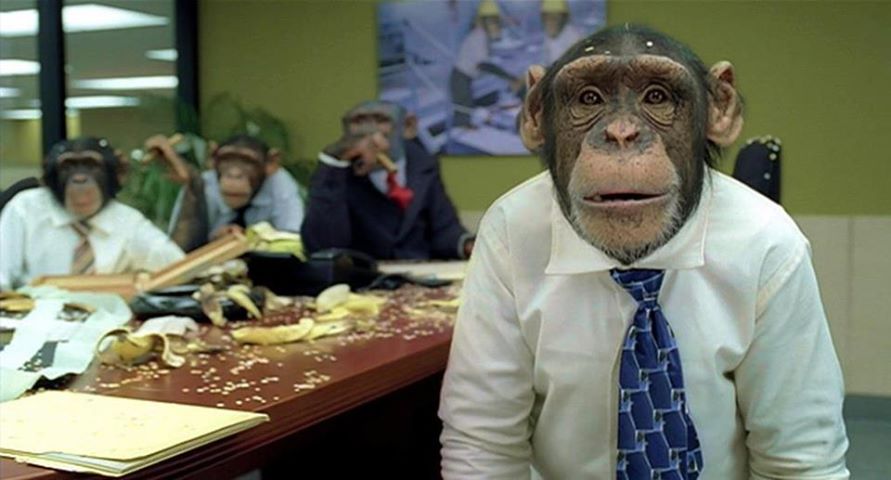How I love Jon Stewart. I’ve only been critical of him once in the time I’ve been doing this blog, and there’s even a slight chance he deserved it, but I hope I will be forgiven. Along with Louis C.K. and Chris Rock, Stewart has capably carried the mantle of George Carlin, my choice for the greatest comedian our modest, understated nation has ever turned out. A few exchanges follow from Stewart’s new Reddit AMA, which is timed to the release of Rosewater.
_____________________________
Question:
You are President for a day… What is your 1st piece of legislation? Who is the 1st person you hire? Who would you pardon?
Jon Stewart:
I think the first thing I might do is photocopy my balls and send it to every teacher i had in high school.
THEN, onto the legislating.
My first presidential hire would have to be Colbert.
And I would pardon… oh wow… that’s a good one. I think I’m gonna have to check the list of pardon people.
_____________________________
Question:
Can you describe your personal and professional feelings the day that the Anthony Weiner scandal hit?
Jon Stewart:
That’s a good question.
I think I was… sad. For the individual that i knew as a friend.
And that colored, you know, the general process of creating the humor. I also think I may have overcompensated by doing more material on it than we might have normally.
_____________________________
Question:
Mr. Stewart, how does Stephen Colbert smell?
Jon Stewart:
Stephen smells like – it’s a cross between –
Squints into distance
Persimmons and a tattered copy of THE HOBBIT.
_____________________________
Question:
Mr Stewart, if you could go back in time and interview someone from history, who would it be and why?
Jon Stewart:
Uh… I would say Abraham Lincoln.
For the obvious historical importance aspect, as well as the “secret to the confidence of being able to rock the top hat and Amish beard.”
Respect.
_____________________________
Question:
Jon, I know that you said Hugh Grant was your least favorite guest you’ve had on the show. Just curious, have you seen or heard from him since?
Jon Stewart:
Hehehehehee!
Uh, we have not gotten together. Since… that. And I imagine it is not forthcoming.
_____________________________
Question:
Will you and Bill O’Reilly just kiss already? The sexual tension is palpable.
Jon Stewart:
Right?
It’s really the height differential that keeps us from consummating.•
_____________________________
Stewart, in 1994, interviewing Anna Nicole Smith (whom he once impersonated):
























